With the deal, Facebook enlarge its user base in countries in many countries and particularly in Brazil and India where Whatsapp is very strong. Owning the messaging service will give Facebook access to additional data.
Facebook Users & New Users from Emerging Markets
Facebook will get more information & data on users in emerging markets thanks to the acquisition: Whatsapp is more popular than Facebook in Brazil, India & Mexico.
With the acquisition, Facebook aims for better engagement with users, in particular in emerging markets. If Facebook succeeds in maintaining and building high user engagement with WhatsApp, it could drive those users to Facebook where they will see ads, potentially targeted with data enriched by WhatsApp use.
Whatsapp Privacy Protection & No Advertising Policy
In a June 2012 blog post, Jan Koum explained why the messaging service doesn’t sell ads. “Your data isn’t even in the picture. We are simply not interested in any of it,” & “Remember, when advertising is involved you the user are the product.”
The privacy policy says the app doesn’t gather names, addresses, emails or location data, and the only contact information obtained from users’ mobile contact lists are contact numbers. The service also purges message content. “The contents of messages that have been delivered by the WhatsApp Service are not copied, kept or archived by WhatsApp in the normal course of business,” states the policy.
For now, WhatsApp promises the service will remain free of advertising. In a February 2014 blog post, the firm reaffirmed its policy: “And you can still count on absolutely no ads interrupting your communication”.
However, WhatsApp’s terms of service in the Android ecosystem requires users to approve access to lots of other types of information including geographic location, contacts stored on the phone, personal profile data from contact information, and device ID. Apple iOS users are asked to approve collection of contacts and allow push notifications such as alerts.
Data in general was not really WhatsApp’s focus but this could change…
Sharing data with Facebook
Facebook’s revenue streams, in part, depends on the massive storehouse of data it harvests on its users around the globe. Therefore, Facebook could decide to alter Whatsapp privacy policy or establish data collection permissions to facilitate sharing of user data with Facebook.
The main piece of data WhatsApp needs to enable its service is a mobile phone number. Facebook can use this piece of data for its services like Facebook and Facebook Messenger. Facebook may be interested in determining degrees of closeness among people. Many people have submitted their mobile phone numbers to Facebook and the firm could connect that information to data from WhatsApp to learn more about which users interact more often with one another based on how frequently they are in contact on WhatsApp.
Conclusion
The price of acquisition of Whatsapp is justified by the will of Facebook to keep the lead in global social network. For sure, Whatsapp has to improve the service to make it more social because the competition is strong. WeChat & Line are successful in Asia. Telegram has been strongly downloaded even more since the purchase of Whatsapp by Facebook. Whatsapp could decide to do money transferring and electronic payment and the app would be competing succesfully with WeChat (微信 in Chinese)
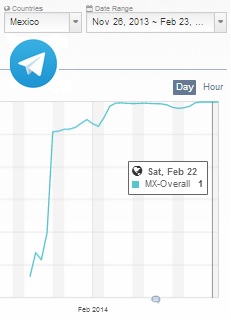
The coming months should be very interesting.

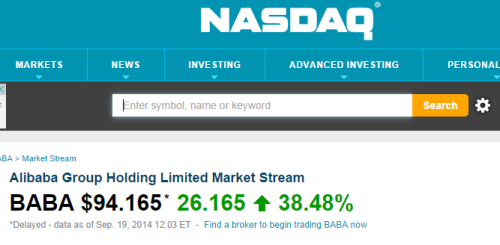


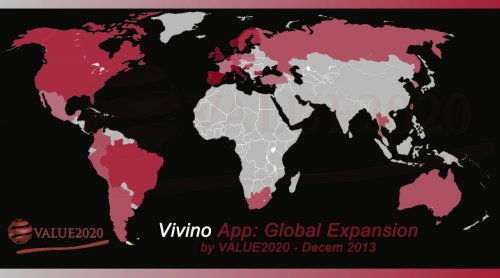
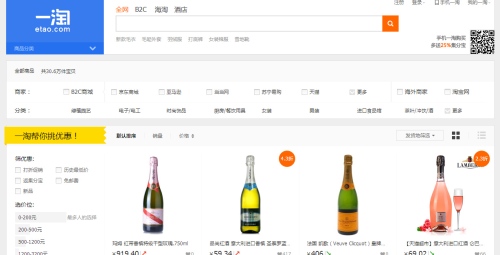
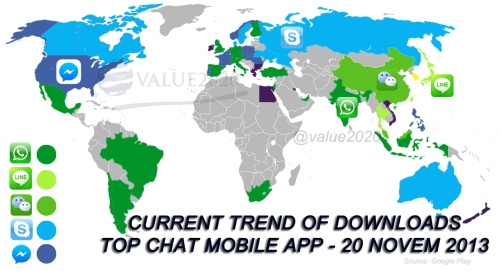
You must be logged in to post a comment.